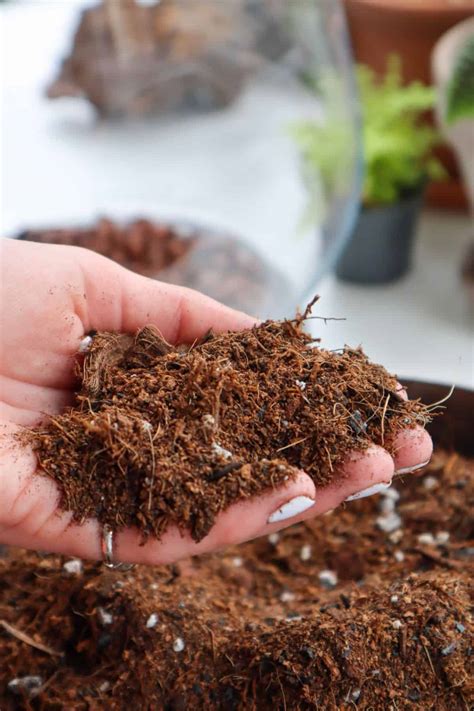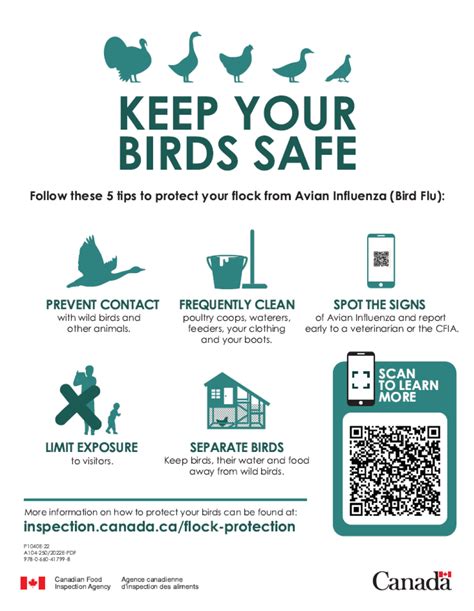Birds are beautiful and fascinating creatures, but they can also be vulnerable to hazards in our homes and environment. By following these tips and advice, you can help keep your feathered friends safe.

1. Keep your home safe for birds
- Cover windows and glass doors. Birds can’t see glass, so they often fly into windows and doors, which can cause serious injuries or death. To prevent this, cover windows and glass doors with curtains, blinds, or decals.
- Remove or cover sharp objects. Birds can be injured by sharp objects, such as exposed nails, wires, or broken glass. Remove or cover these objects to prevent injuries.
- Secure loose cords and wires. Birds can get tangled in loose cords and wires, which can lead to strangulation or electrocution. Secure all cords and wires to prevent this hazard.
- Keep poisonous plants out of reach. Many plants are poisonous to birds, so it’s important to keep them out of reach. Some common poisonous plants include azaleas, rhododendrons, lilies, and daffodils.
- Provide fresh water. Birds need access to fresh water to drink and bathe. Provide a clean water dish or birdbath in a safe location.
2. Keep your yard safe for birds
- Provide native plants. Native plants provide food and shelter for birds. When planting trees and shrubs, choose native species that are beneficial to birds.
- Avoid using pesticides and herbicides. Pesticides and herbicides can harm birds directly or indirectly by killing their food sources. Use natural methods of pest control instead.
- Create a bird-friendly water feature. A birdbath or small pond can provide a place for birds to drink, bathe, and cool off. Make sure the water is clean and free of chemicals.
- Keep your yard tidy. A cluttered yard can be dangerous for birds. Remove any debris, such as fallen branches, leaves, and trash, that could provide hiding places for predators.
- Supervise your pets. Pets can be a danger to birds, so it’s important to supervise them when they’re outdoors.
3. Be aware of bird hazards
- Watch for cats and other predators. Cats and other predators can kill birds, so it’s important to be aware of their presence. Keep your cats indoors and provide bird feeders and birdbaths in safe locations.
- Be careful when using bird feeders. Bird feeders can attract predators, so it’s important to place them in a safe location. Keep feeders clean and free of mold, and remove any spilled seed to prevent attracting rodents.
- Avoid using bird nets and traps. Bird nets and traps can trap and injure birds. Use humane methods of bird control instead, such as deterrents or scare devices.
- Never feed wild birds. Feeding wild birds can make them dependent on humans and can spread disease. Instead, provide natural food sources, such as native plants and bird feeders filled with birdseed.
4. Help injured or sick birds
- If you find an injured or sick bird, contact a wildlife rehabilitator. Wildlife rehabilitators are trained to care for injured and sick birds. They will provide the necessary medical care and release the bird back into the wild when it is healthy.
- Do not try to care for an injured or sick bird yourself. You may not have the necessary knowledge or experience to properly care for the bird, and you could make its condition worse.
- Keep the bird warm and calm. Place the bird in a warm, dark, and quiet place. Cover the bird with a towel to help keep it calm.
- Do not give the bird food or water. Injured or sick birds should not be fed or watered until they have been examined by a wildlife rehabilitator.
5. Additional tips for keeping birds safe
- Educate others about bird safety. Share these tips and advice with your friends, family, and neighbors. The more people who know about bird safety, the more birds we can protect.
- Support organizations that work to protect birds. There are many organizations that work to protect birds and their habitats. Support these organizations by donating your time or money.
- Be a responsible bird owner. If you keep birds as pets, make sure to provide them with a safe and healthy environment. Follow all of the tips and advice above, and take your birds to the veterinarian for regular checkups.
Frequently Asked Questions
Q: What are the most common hazards to birds?
A: The most common hazards to birds include window collisions, predators, pesticides, and habitat loss.
Q: What can I do to help birds in my community?
A: You can help birds in your community by providing food and water, planting native plants, and avoiding the use of pesticides and herbicides. You can also support organizations that work to protect birds and their habitats.
Q: What should I do if I find an injured or sick bird?
A: If you find an injured or sick bird, contact a wildlife rehabilitator. Wildlife rehabilitators are trained to care for injured and sick birds, and they will provide the necessary medical care and release the bird back into the wild when it is healthy.
Conclusion
Birds are beautiful and fascinating creatures, but they can also be vulnerable to hazards in our homes and environment. By following these tips and advice, you can help keep your feathered friends safe.
Reviews
- “This is a great article with lots of helpful information on how to keep birds safe. I will definitely be following these tips.” – Anonymous
- “I found this article to be very informative. I learned a lot about bird safety, and I will be sure to share these tips with others.” – Anonymous
- “This article is a must-read for anyone who loves birds. It provides everything you need to know about keeping your feathered friends safe.” – Anonymous
- “I am so glad I found this article. I have been worried about the safety of the birds in my neighborhood, and now I have some concrete steps I can take to help them.” – Anonymous





















